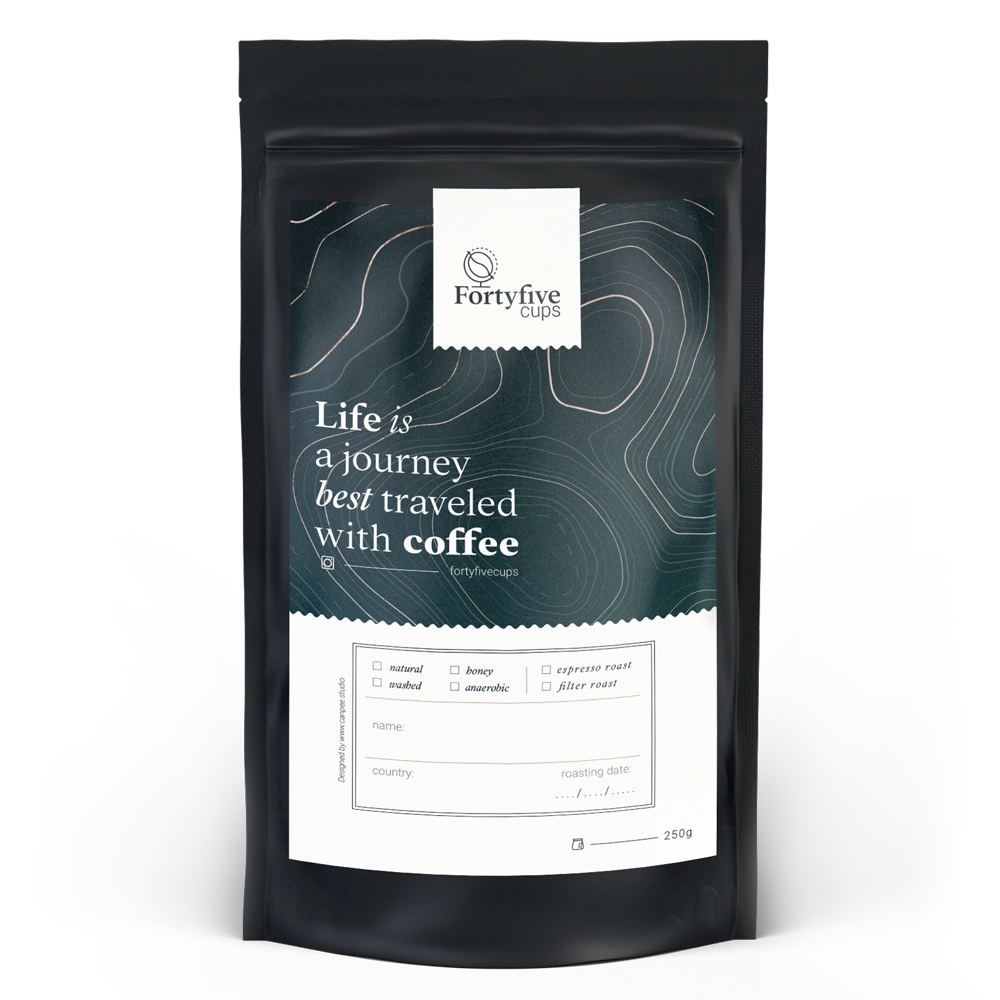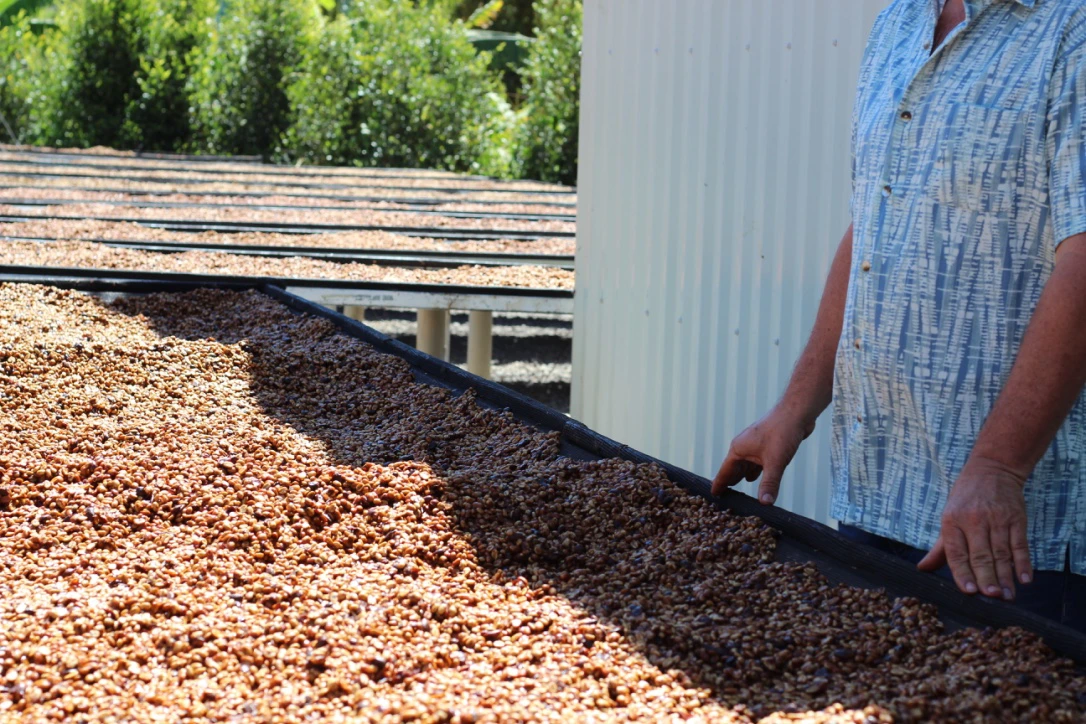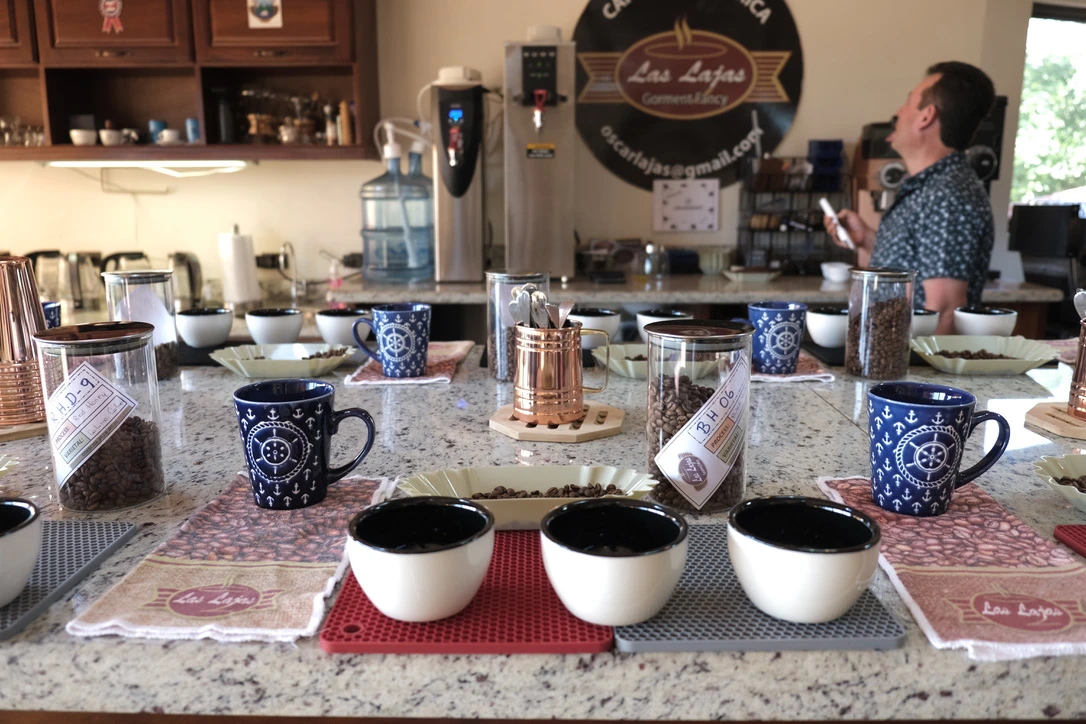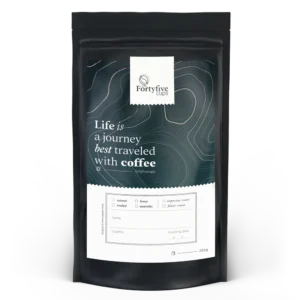Costa Rica – Las Lajas (250g)
Discover the Coffee Taster’s Flavor Wheel
Finca Calle Liles, Las Lajas – Sabanilla de Alajuela – Costa Rica
Cultivar: SL 28
Process: dry (natural)
Cup profile: coffee with a pleasant acidity, lots of tropical fruits like mango and passion fruit with a raspberry jam aftertaste. Perfect for a pour over brewing or cold brew.
€ 12,00
Out of stock
Quality products
Sent within 24 hours
Secure payments
Costa Rica is a small country but the diversity of climates found there and their impact on coffee production has led to a thriving coffee trade with a great reputation for quality. The first coffee was grown in the Central Valley, a lush, fertile region influenced by Atlantic weather patterns – and this is where Las Lajas coffee, is grown by the Chacón family. 6 farms , owned by six brothers and together comprising 73ha and a mill are located in the town of Sabanilla de Alajuela, on the slopes of the Poás volcano.
our coffees
You’ll love it as much as we do!
FAQ
Answers to some of your questions
How can I store my coffee?
Our packages are designed to remain airtight even after opening. Simply make sure to close the zip at the back of the bag tightly. Then, store it in a dry place away from light.
Are your coffees fair trade?
At Fortyfive cups, you'll only find fair trade coffees as it's an integral part of our commitment.
What is specialty coffee?
Specialty coffee refers to high-quality coffee beans that are grown in specific regions, under specific conditions, and with particular attention to detail throughout the entire process, from farming to roasting. These beans are typically grown at higher altitudes and are often hand-picked to ensure the highest quality.
How is specialty coffee graded?
Specialty coffee is typically graded on a 100-point scale, with scores above 80 considered to be specialty-grade. These scores are based on the quality of the beans, including factors such as flavor, aroma, acidity, body, and aftertaste.
What is the difference between specialty coffee and commodity coffee?
One of the key differences between specialty coffee and commodity coffee is the focus on traceability and transparency. Specialty coffee is often traceable to specific farms or cooperatives, and there is a growing emphasis on direct trade relationships between coffee farmers and roasters.
What are some key aspects of coffee farming?
Growing conditions, harvesting, processing, sustainability, and fair trade are all important aspects of coffee farming.
What is terroir in coffee?
Terroir refers to the environmental factors, such as climate, soil, and topography, that influence the flavor and quality of the coffee beans.
How does terroir influence the flavor of coffee?
The specific conditions of the region where the coffee is grown can influence the aroma, acidity, body, and overall flavor profile of the coffee.
What are the benefits of using an electric roaster?
Electric roasters produce no emissions or pollutants, resulting in improved indoor and outdoor air quality. They are also often more energy-efficient than gas roasters, resulting in a lower carbon footprint over time.




